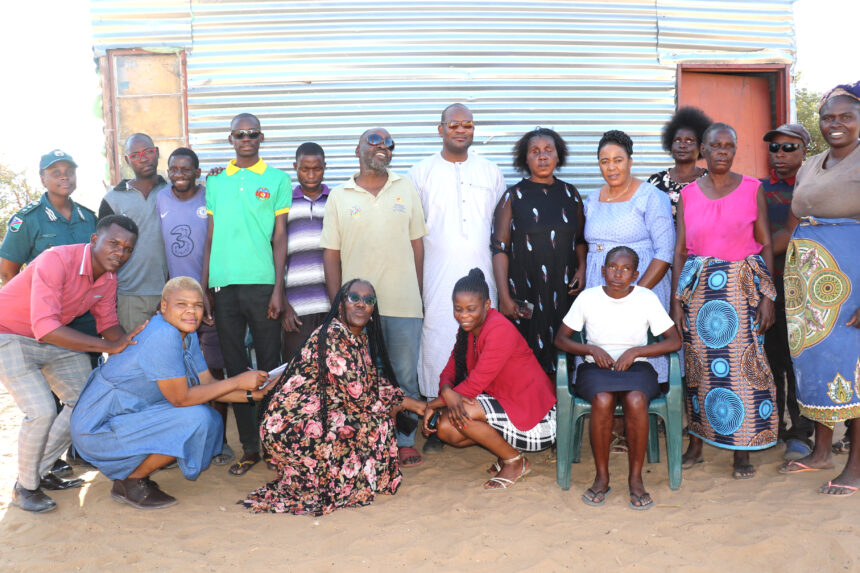Noreen Sitali
For disabled persons, living in a society created only to be habitable to others is an elemental part of one’s life experience.
As just one example, easy access to transportation as well as the empowerment and participation facilitated by freedom of movement are denied to most visually impaired persons in society.
The unavailability, unreliability and often unsafe public is the reality for a group of visually impaired living at the Sauyema Centre of the Visually Impaired.
The Parliamentary Standing Committee on Gender Equality, Social Development and Family Affairs recently visited the Sauyema Centre of the Visually Impaired in the Kavango region to assess the situation.
A representative of the group explained to Members of Parliament (MPs) that even though the centre needs more development, it has been instrumental to them as it offers training aimed at creating a sustainable environment for visually impaired people through innovative training, career development and job placement programmes that facilitate the creation of self-confidence and economic independence.
“To be empowered citizens, we need more than special skills and assistive devices. We need a positive sense of ourselves as valuable, whole people, who can contribute and participate in our families and communities,” stressed the representative.
The Sauyemwa Centre of the Visually Impaired serves as a safe space for the visually impaired from both Kavango regions.
Here, they learn how to read braille while being introduced to various other subjects – but when you look around, you cannot help but notice the conditions which sometimes interfere with the educational process.
Those who live here say even though they need proper facilities, they improvise.
There are no ablution facilities, so they bathe behind a corrugated shack, using buckets.
The students enjoy a home-cooked meal with the help of a good Samaritan, who volunteered to cook for them every day.
The learners buy groceries with their disability grant.
The group expressed profound discrimination and deprivation suffered, as some of them do not receive grants due to lack of identity documents.
These students hope that the Sauyemwa Centre for the visually impaired will be turned into a fully-fledged vocational training centre.
*Noreen Sitali works at the Parliament under the Directorate of Research, Information, Publication and Editorial Services.



